The visit of Prime Minister Pushpa Kamal Dahal 'Prachanda' to India caused a little ripple among Nepali political analysts, but it turned out to be a smooth trip with some uncomfortable concerns. Our political leaders have not been able to transcend the connection with India, just as internal politics has never been acquired.
It does not appear that Prime Minister Dahal's four-day trip from New Delhi to Indore and the seven-point agreement, he reached should be given special attention. Meetings, talks, and notarized agreements are not unusual in these visits. There is no sense in thinking and demonstrating that India's relationship with Nepal will change, until Nepal is unified, economically powerful, and possesses geopolitically strategic weapons.
It would be naive to anticipate a magical connection from the heroes of today, who see Jang Bahadur Rana's diplomatic ability as unimportant, along with Prithvi Narayan Shah's contribution. Prithvi Narayan Shah and Jung Bahadur had not mastered the diplomatic fundamentals, as there was no such thing as reading books and voicing opinions as there is today. However, the history of this country's security and expansion was well demonstrated by both of them.
The first and last goal of any nation, big or little, is to safeguard its own interests. Nepal's two neighbours, India and China are economically, demographically, in terms of resources, industrially, and militarily formidable. Nepal cannot be placed alongside them in size and strength. But, Nepal and its people are in a better and more proud position than these two countries. As Nepal was never colonized; its has preserved its freedom to this day. Not only India and China, but all of South Asia, have experienced colonial enslavement. But why, in light of today's dramatic developments, does revolutionary forces refuse to recall this fact and the country's magnificent past?
Nobody, even the two giant neighbors, have the means to safeguard us from all other interests. Those who oppose India appear to have an unreasonable desire to sit in China's arms. And who oppose China's craziness appear to be warming India's heart. It appears that a new nationalism has emerged against America and Europe. The problem of conversion has clearly enhanced Nepal's historic nationalism towards America and Europe. This may be accurate to some extent. It is undoubtedly unethical to use the concept of secularism or religious freedom as a platform for conversion. However, it would be incorrect to believe that there is a segment of Nepal that is hostile to the West due to the fact. It is apparent that such a game is part of a scheme to resurrect the monarchy while also distancing Nepal from the democratic international community.
On the other hand, those seeking the restoration of king in Nepal, have not had the backing of today's Indian government. The Indian political leadership has always been helpful in transforming Nepal's power structure and system. Sometimes it appears that India's support is on the side of the monarch and other times in support of democracy. If the Nepal’s mandate is unpalatable to India, India may impose blockade, either directly or indirectly.
Whereas, the tireless involvement of Chinese diplomats was seen in the chapters of political events throughout the CPN-UML's term in country. Nepali Communists continued their visit to China year after year, month after month, week after week. Xi Jinping's philosophy was also publicly discussed by Chinese and Nepalese representatives jointly in a formal event. Perhaps, when the deal between BRI and the port was reached, the Americans were encouraged to reach an accord with the default MCC. The issuance of the new political map, the construction of a road from Lipulek with the agreement of commercial exchange between India and China, the issues of continuous inundation of the Terai, pesticide testing, international air routes, the EPG report, are just a few examples that are due to be discussed with India.
However, unlike yesterday, when it comes to communication and agreement with India, it is vital to look at the face of China and the West and grasp their gestures. Nepal had to capitalize on the cultural component that had been brought to Indian politics and diplomacy when Narendra Modi became Prime Minister for the first time, heading the Bharatiya Janata Party. On the contrary, Nepali opposition to Modi has become unduly inflamed. There were several issues with the constitution up until its adoption on September 20, 2015.
Given the multiple interests, it appears that this country will not be affluent, developed, politically autonomous, economically connected, and proud of its culture and civilization in this era. This is not a sign of hopelessness; it is the reality of today.
It would also be extremely effective for Prime Minister Dahal and his fellow visitors if they used the chance to further warm their hearts in the 40-degree heat, that were already hot from the raised rage within country as a result of political pardon and verification of Citizenship Bill. Nonetheless, the approval of the Gautam Buddha International Airspace and the long-term energy trading deal should be regarded favorably. The country's problems should not become burning coal for the prime minister, who has returned from the sweltering heat there. Relationship commentary is usually a question of detail, so it’s not favorable to be too concerned.






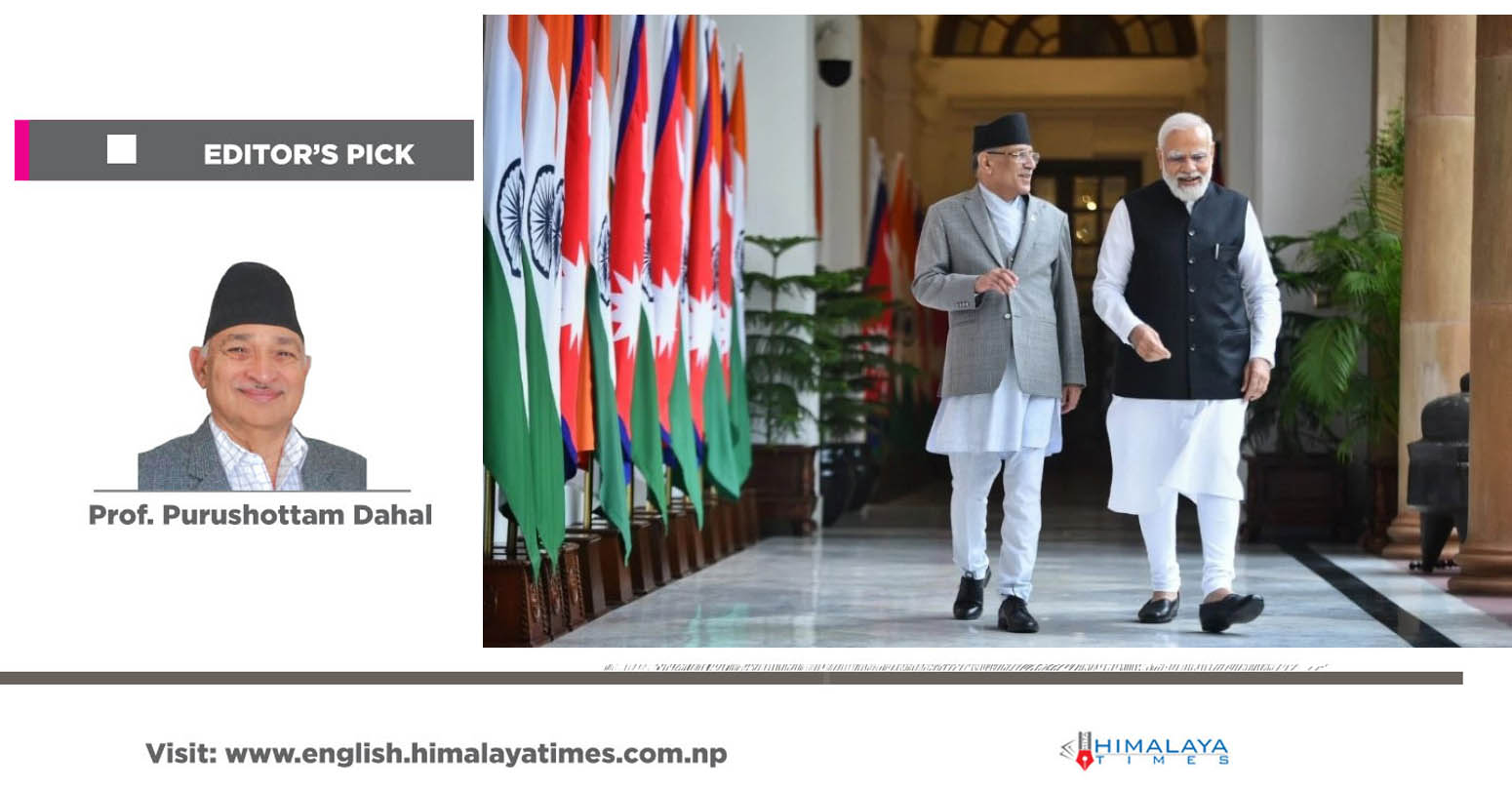
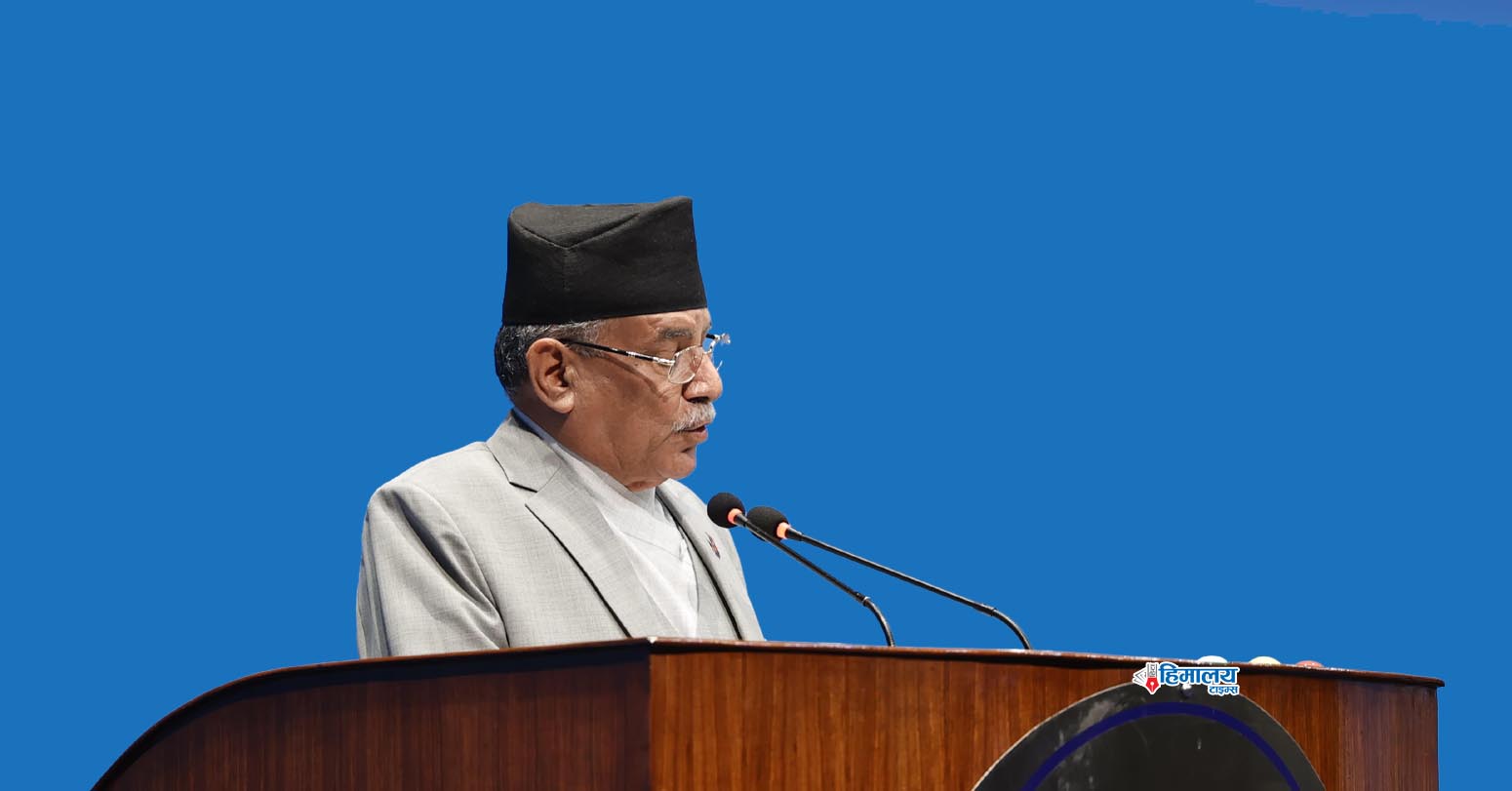
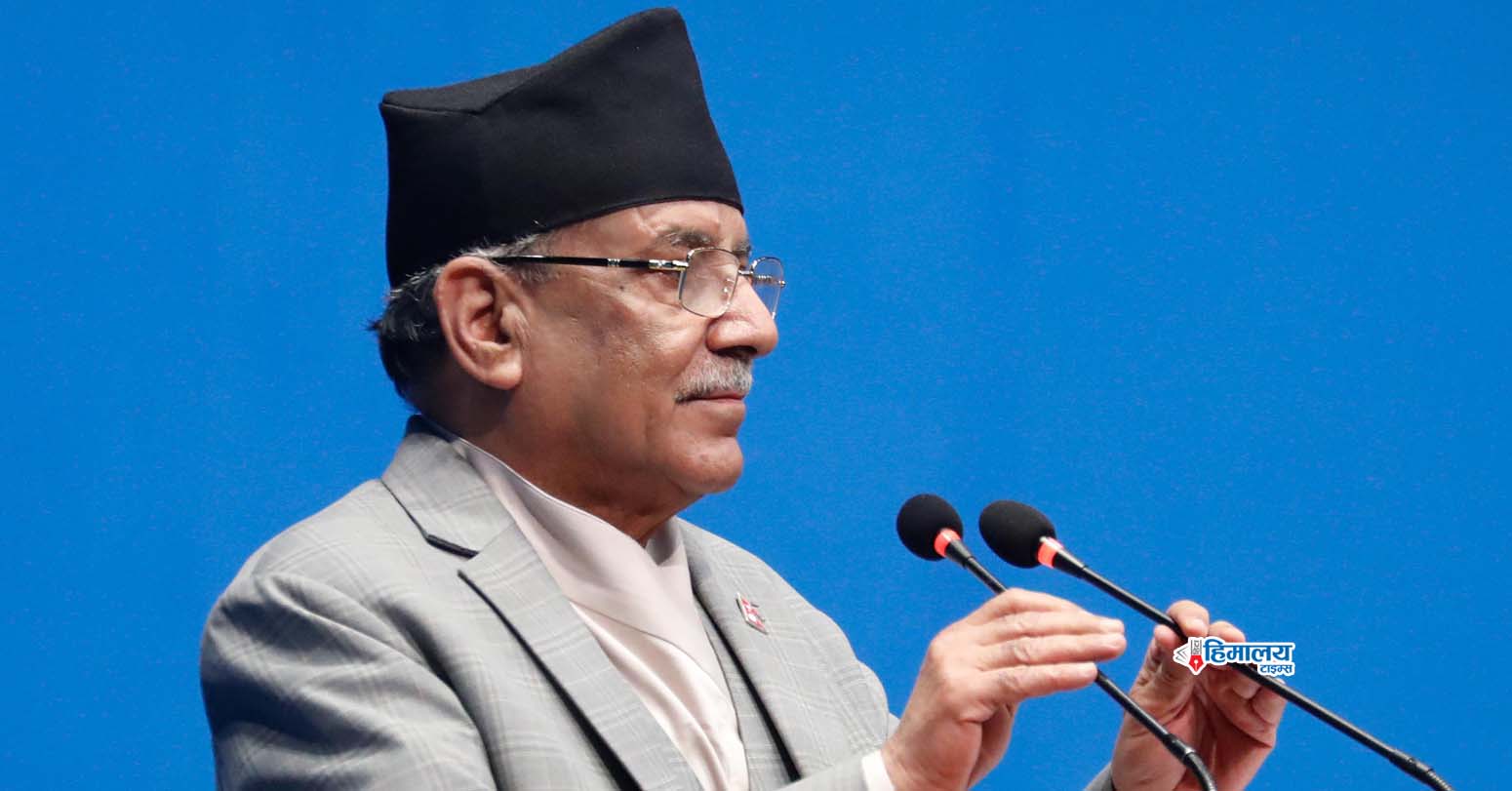

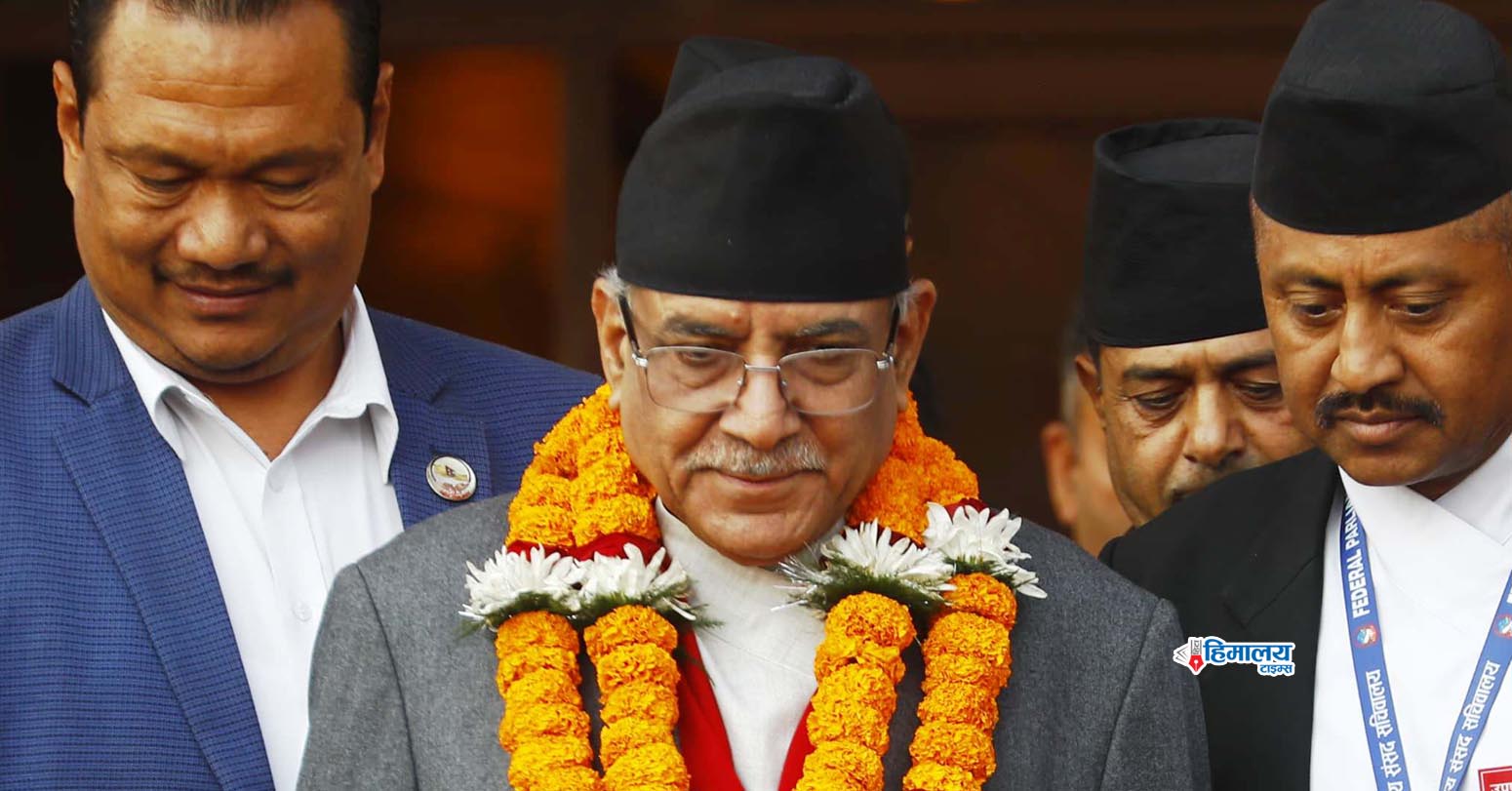
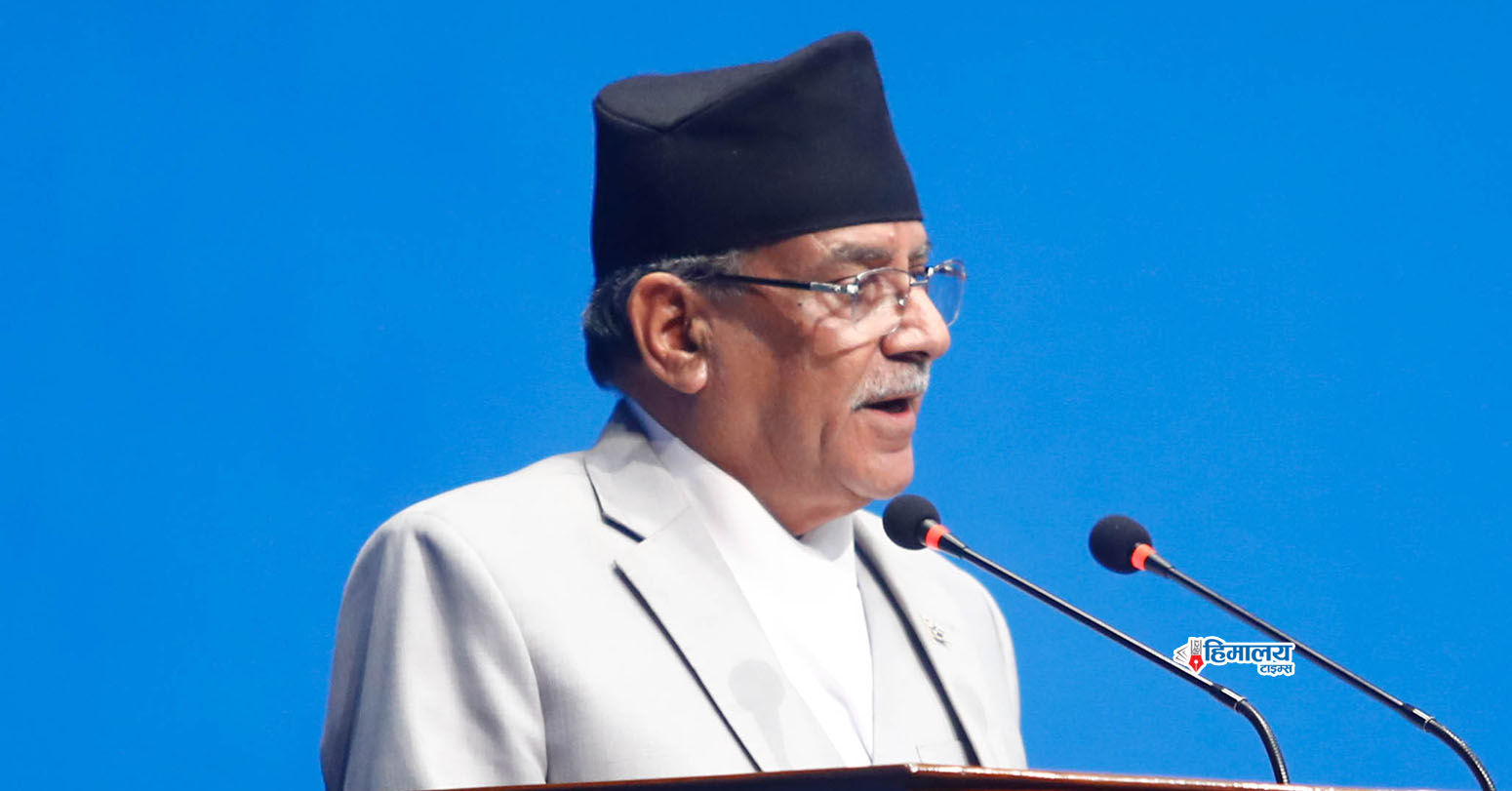
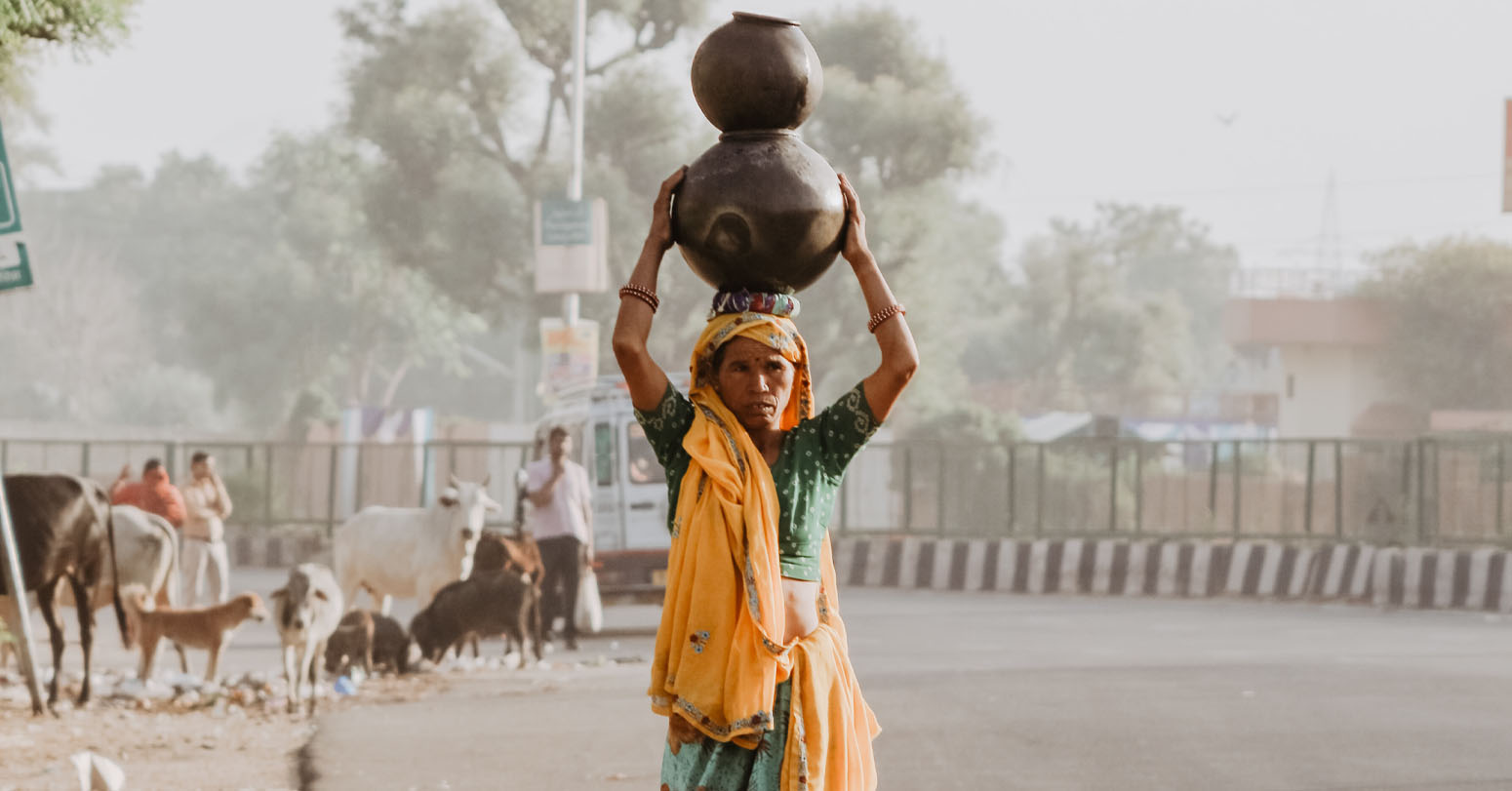
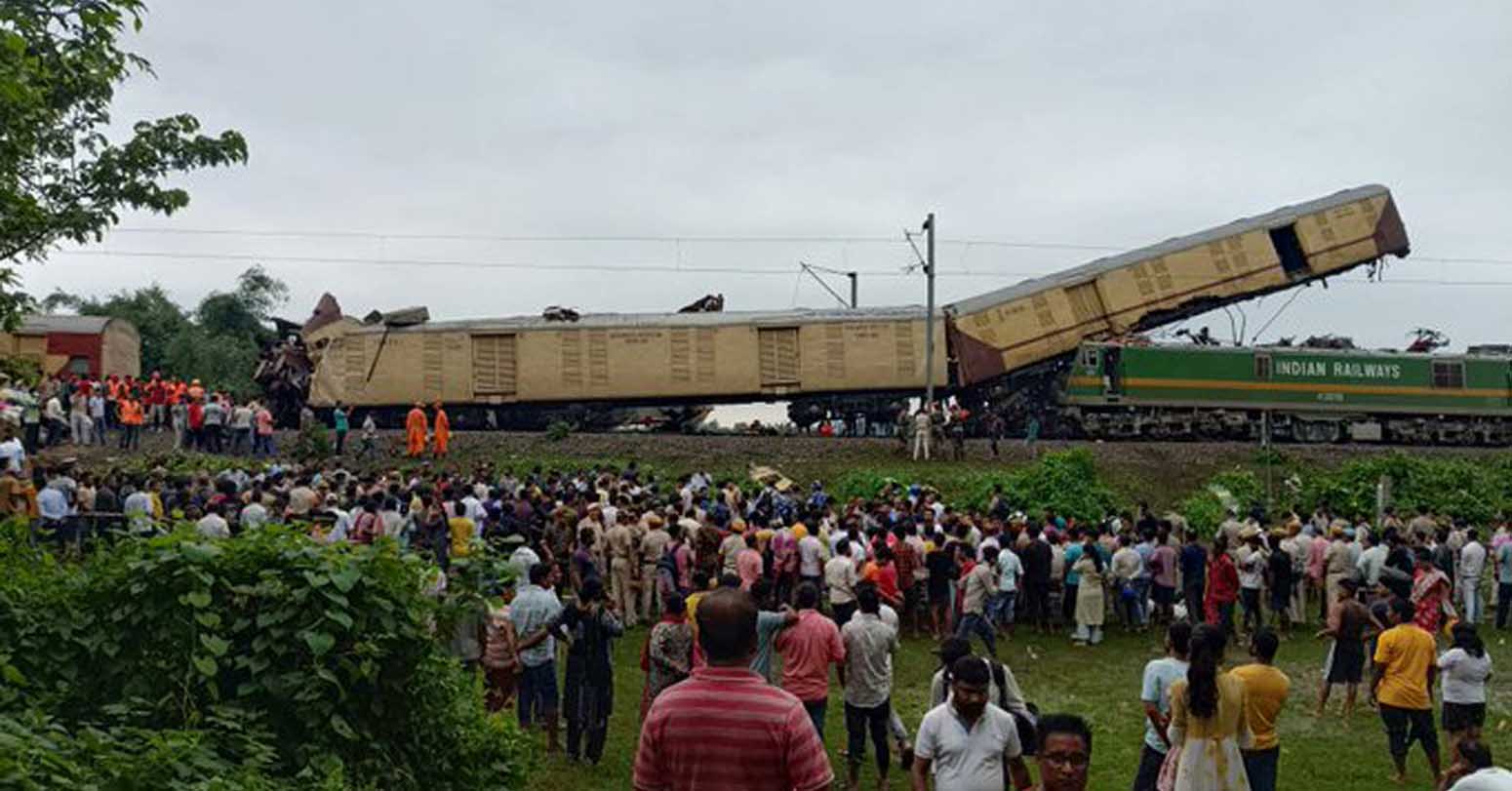
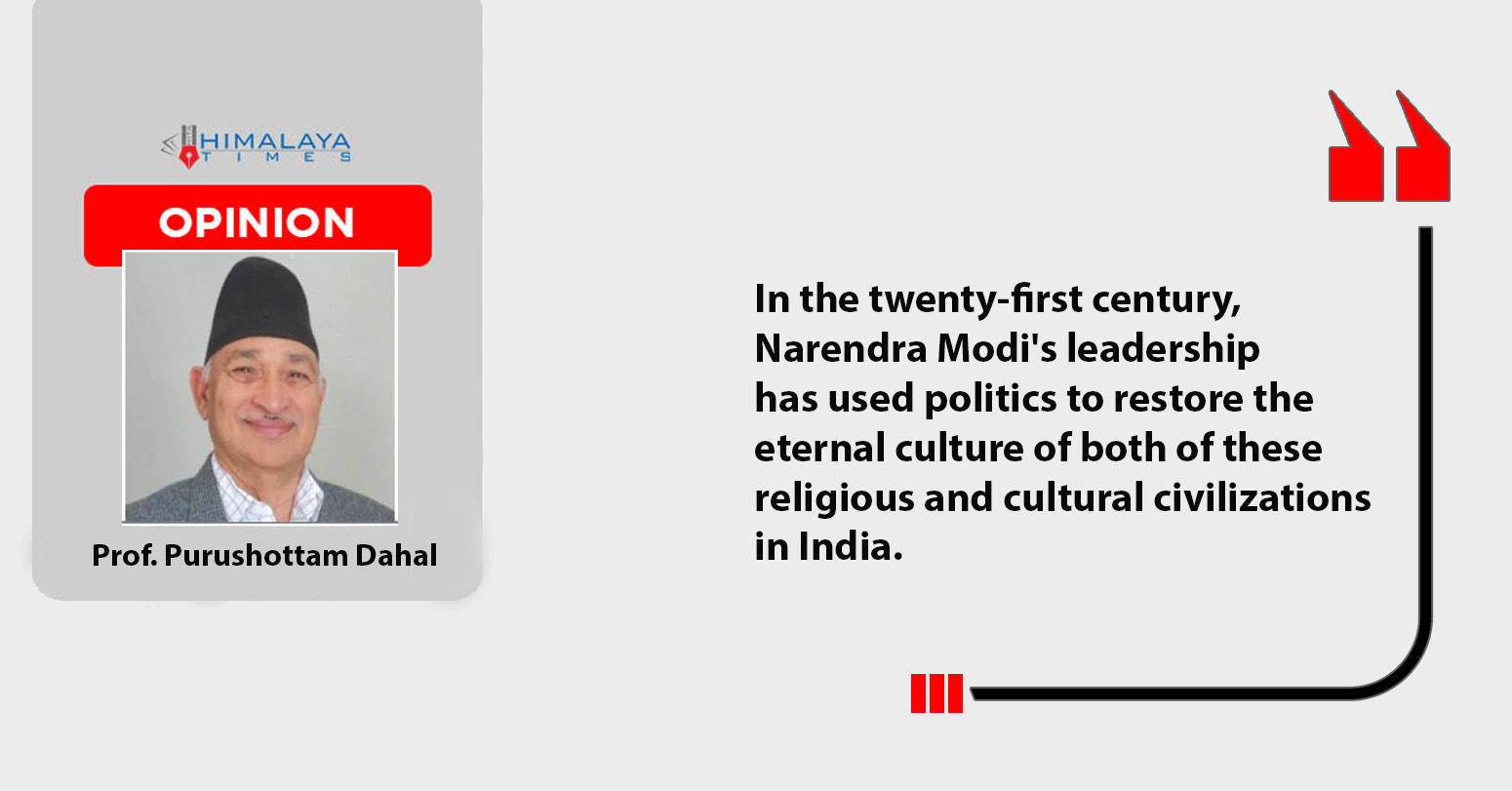
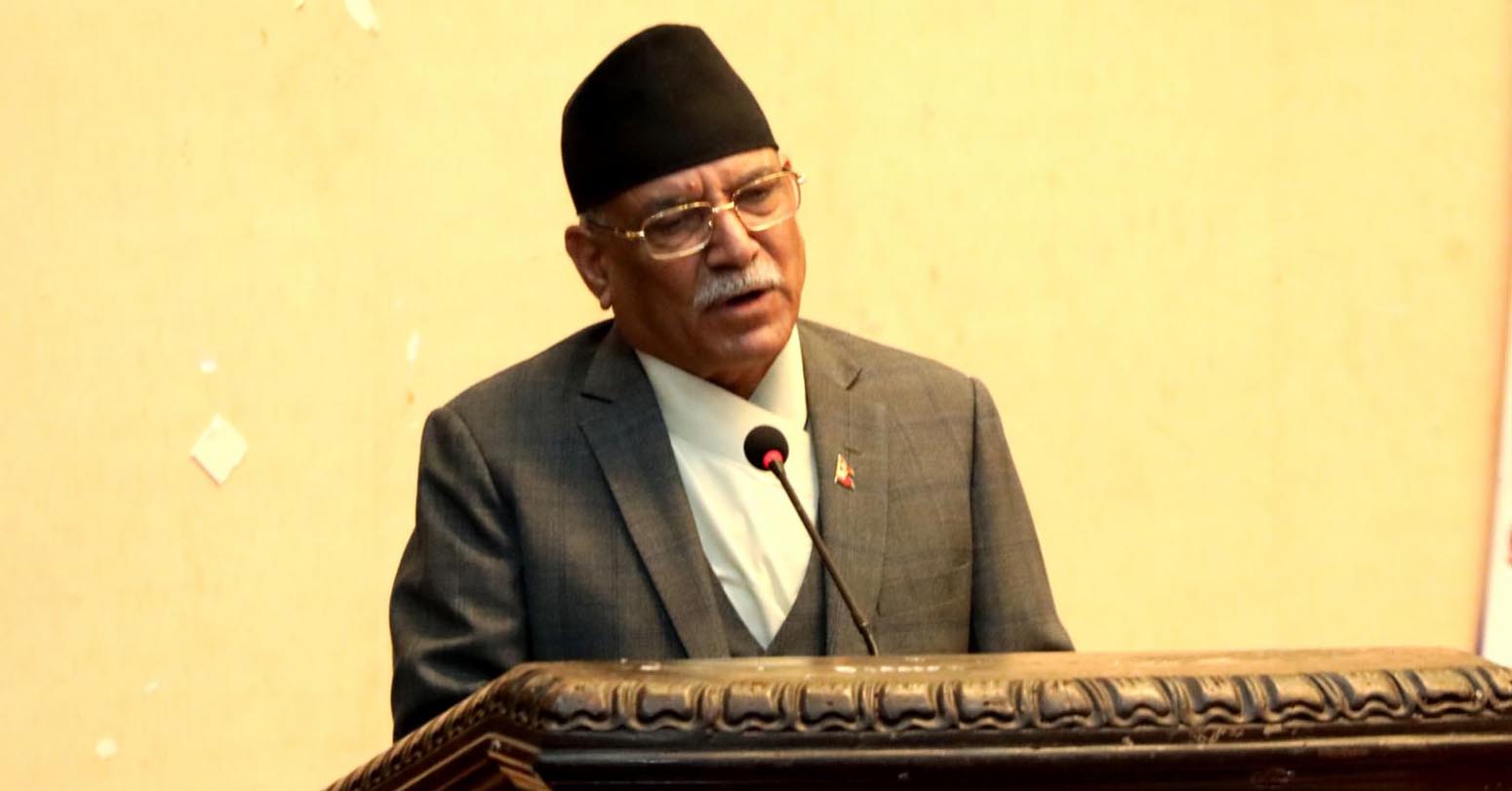
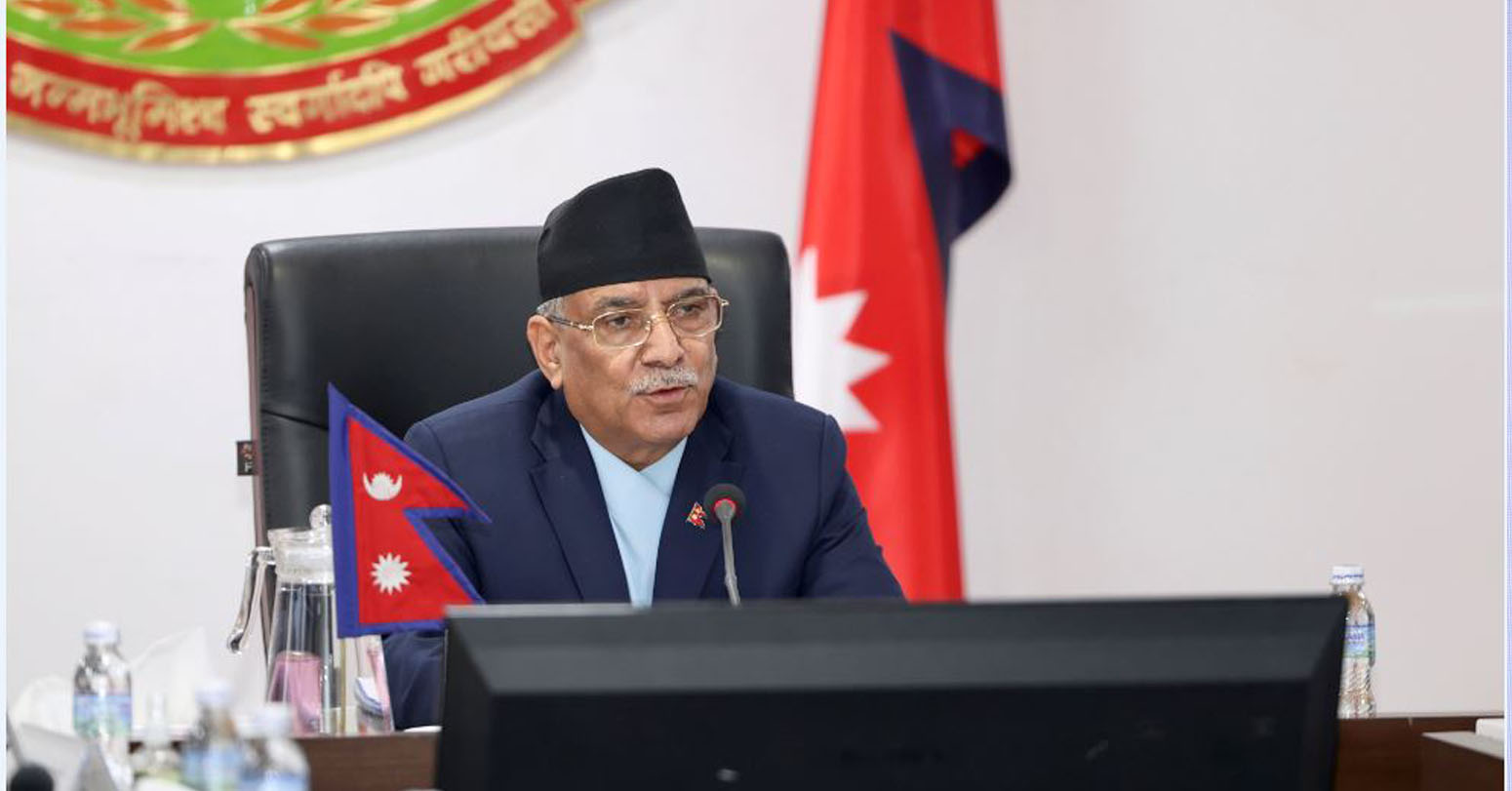
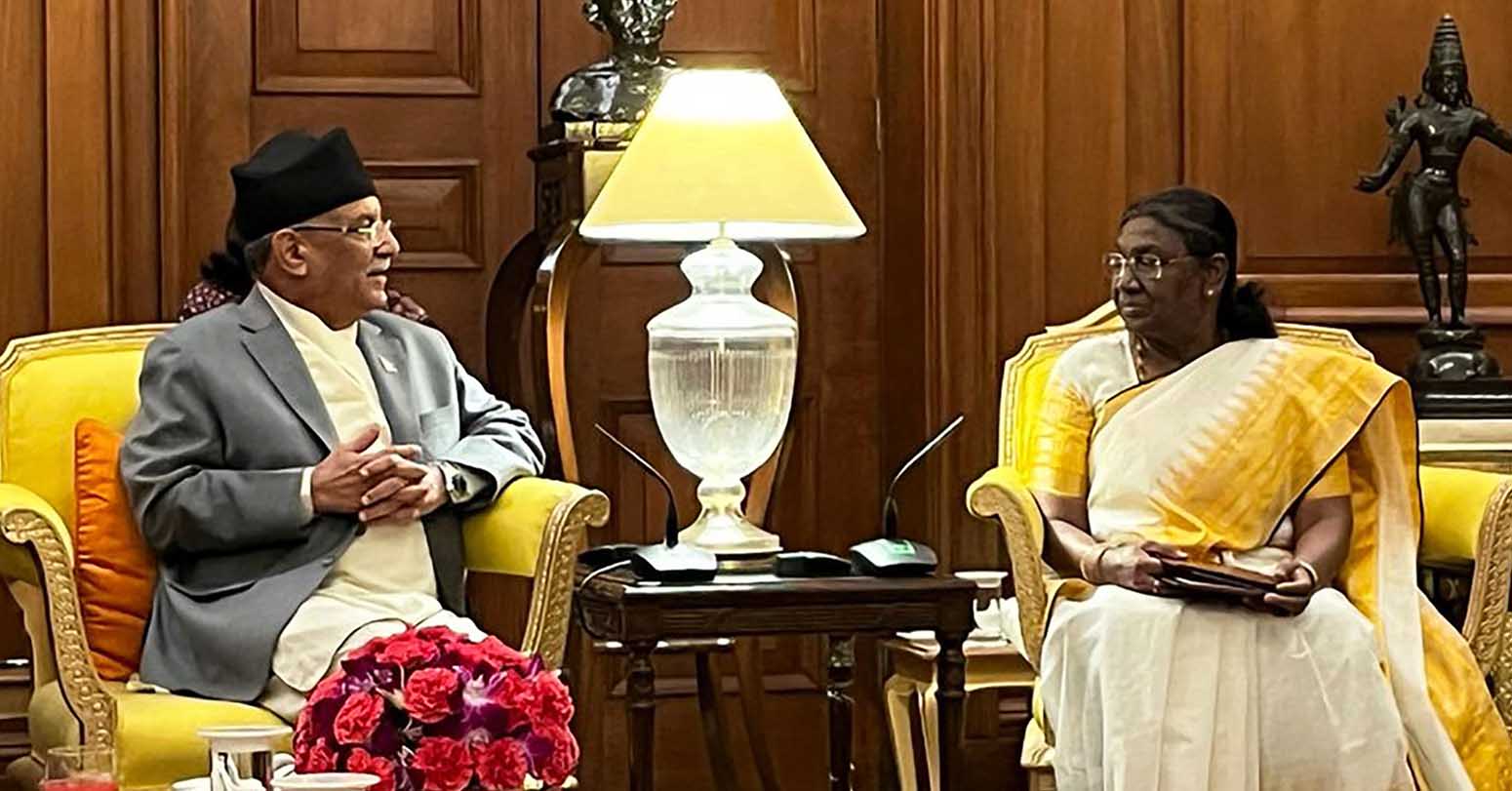
Comprehensive Data Protection Law Critically
Gender Differences In Mental Healthcare
Messi Wins Best FIFA Men’s
Erosion of Democracy
Fly Dubai Catches Fire in
“Complexities of the South Asian